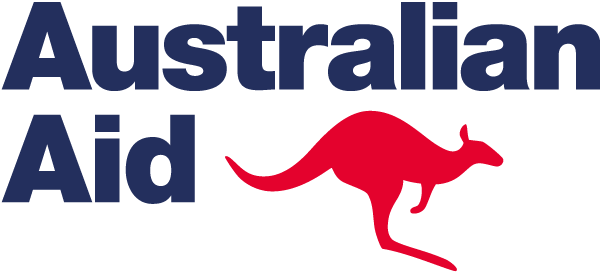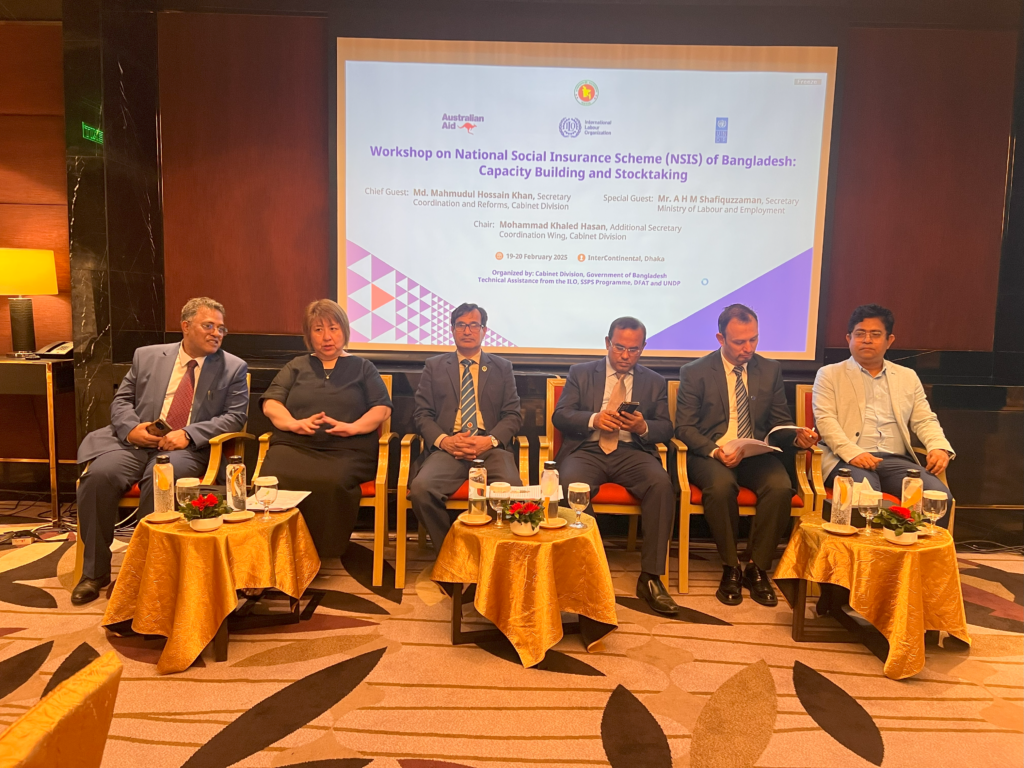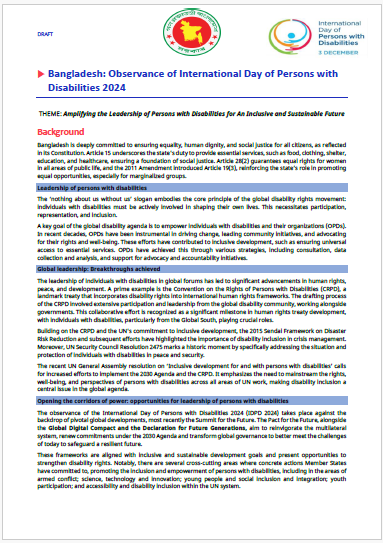Date: 19-20 February 2025
Venue: Hotel InterContinental, Dhaka, Bangladesh




Universal social protection (USP) and social insurance are considered key policy instruments in national development strategies to tackle poverty and vulnerabilities, address inequality, and facilitate human development and access to decent work. Such policies help develop skilled workforce and boost employability of labour market participants actively looking for jobs. These policy efforts are thus recognised as economic enablers contributing to strong, sustainable, and inclusive growth. The 2030 Agenda for Sustainable Development Goals (SDG), under Target 1.3 and Goal 1, calls for implementing nationally appropriate social protection systems and achieving a substantial coverage of the poor and the vulnerable.
In Bangladesh, the Social Protection system is gradually developing with the adoption of National Social Security Strategy (NSSS) in 2015, along with its two Action Plans – one for 2015-2020 and second for 2021-2025 with the technical assistance programme from UNDP Bangladesh. The NSSS stands on five thematic clusters that focus on the life cycle approach and promoting social insurance with a gradual transition from a ‘targeted approach’ towards universal coverage. The overall coordination, monitoring and supervision for NSSS remains with the Cabinet Division, and macro level monitoring responsibility lies with the General Economics Division (GED), where a high-level Central Management Committee (CMC) chaired by Cabinet Secretary along with Secretaries of all relevant Ministries, provide strategic oversight and policy guidelines.
The NSSS provides for a National Social Insurance Scheme (NSIS) to promote ‘contributory social security’ in Bangladesh. NSIS focuses on four social insurance schemes, i.e., Unemployment Insurance, Employment Injury Insurance, Maternity Insurance, and Sickness benefits. Ministry of Finance is assigned the overall responsibility to design and implement a mechanism for social insurance. However, the progress on developing a comprehensive mechanism and institutional arrangement for implementation of social insurance in Bangladesh remained slow.
The UNDP, through its Social Protection Policy Support (SPPS) Programme, has partnered with the International Labour Organization (ILO) to assist the Government of Bangladesh in designing a roadmap for NSIS and its implementation strategy.
This workshop seeks to gather key stakeholders to build awareness, foster social dialogue, and take stock of actions taken so far on the NSIS in Bangladesh. This will lead to further consultations on development and implementation of NSIS.
Objective
This workshop aims to:
- Enhance understanding of technical concepts, international standards, and global best practices in social insurance.
- Facilitate dialogue among government, employers, workers, and other stakeholders to define their roles in advancing NSIS.
- Studies and actions taken by Government and other stakeholders on promotion of social insurance in Bangladesh
- Agree on activities for capacity building, social dialogue, and developing consensus on promoting social insurance in Bangladesh
Expected Outcomes
- Participants will gain a clear understanding of social insurance systems, including global practices and their relevance to Bangladesh.
- All studies and capacity building activities undertaken by different stakeholders on promotion of NSIS will be reviewed and compiled
- Valuable feedback and recommendations from stakeholders to shape the NSIS roadmap.
- Strengthened collaboration between government agencies, employers, workers, and development partners.
- Agreed actionable next steps with priorities and timelines for advancing the NSIS agenda.
Workshop Methodology
- Presentations and Keynotes: Sharing insights from national and international experts.
- Panel Discussions/ Interactive Dialogue: Engaging stakeholders to discuss their roles and expectations.
- Group Work: Identifying challenges and opportunities collaboratively.
- Plenary Sessions: Stocktaking on NSIS development and defining broader contours of the roadmap.
Target stakeholders
Representatives from the following organizations:
- Government: Representatives from the Cabinet Division, Ministry of Finance, Ministry of Labour and Employment, and General Economics Division, and other relevant Ministries.
- Social Partners: Employer organizations and trade unions.
- Others: Development partners (EU, ADB, GIZ) and research organizations (CPD, RAPID, etc).
- Organizers: ILO and UNDP representatives and experts.
Organizer: ILO in collaboration with Social Security Policy Support Programme (SSPS), Funding Partner: Australian Department of Foreign Affairs and Trade (DFAT)
Related Documents






